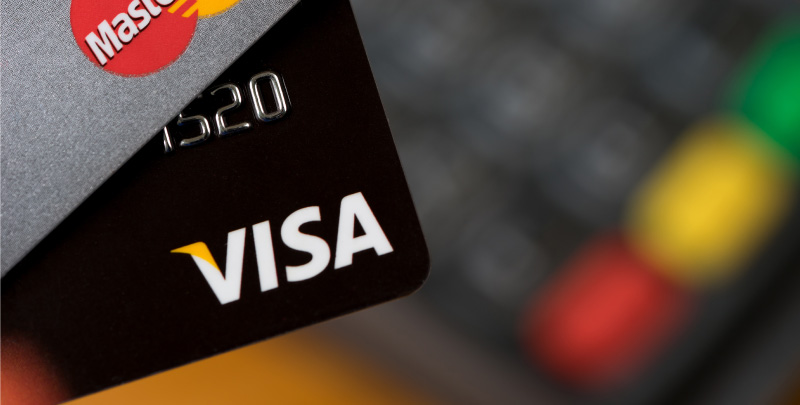Nowadays, travelling abroad for business or leisure is extremely common. Whether you want to explore exotic destinations, attend business meetings or conduct transactions abroad, managing finances efficiently while travelling is pivotal. This is where Forex Cards come in, offering a secure and convenient way to handle foreign currency transactions. Let's delve deeper to learn everything about Forex Cards, from their meaning to practical tips on acquiring and using them effectively.
What is a Forex Card?
A Forex Card means a prepaid card designed for travellers to make transactions in foreign currencies in a hassle-free way. Both banks and financial institutions issue Forex Cards, enabling you to utilise them for various purposes such as dining, shopping, hotel bookings and cash withdrawals at ATMs abroad.
How does a Forex Card work?
You need to load the required amount of foreign currency onto the Forex Card before you travel abroad. You can easily select the currency of the country you're travelling to, and the card will get loaded with the amount accordingly. Once the money is loaded, you can use the card like any other Debit Card, for transactions in the respective foreign currency.
One of the main benefits of Forex Cards is that they provide competitive exchange rates compared to traditional currency exchange services. They also provide security against currency fluctuations, as the exchange rate is locked at the time of loading the card.
Common benefits of using a Forex Card
1. Convenience: Forex Cards reduce the need to carry huge amounts of cash while travelling. They are accepted at all merchant outlets and ATMs worldwide, making transactions convenient and secure.
2. Security: With features like chip and PIN protection, Forex Cards offer safety compared to carrying cash. In case of loss or theft, most Forex Cards can be blocked or replaced, thus shielding your funds.
3. Cost-effectiveness: Forex Cards have lower fees than International Debit or Credit Cards. They offer competitive exchange rates at the time of loading thus saving you from fluctuating exchange rates while transacting abroad.
4. Reloadable: You can reload money onto the card at any time, online through Internet banking/mobile banking app, Open.
5. Multi-currency support: Certain Forex Cards support multiple currencies, allowing you to load funds in various currencies on a single card. This is beneficial for travellers visiting numerous destinations during their trip.
Tips to apply for a Forex Card
- Before applying for a Forex Card, research different banks and financial institutions to compare their offerings regarding exchange rates, fees and additional benefits.
- Assess your travel destination, duration and spending patterns to determine the most suitable type of Forex Card for your requirements.
- Seek Forex Cards that offer additional benefits, such as travel insurance, emergency assistance and discounts on dining or shopping. This will enhance your overall travel experience.
- Carefully read the terms and conditions of the Forex Card, such as fees, reload options and withdrawal limits, to avoid any disruptions during your trip.
Documents requirement for Forex Cards
The document requirements for getting an Axis Bank Forex Card are -
- Visa
- Airline Ticket
- PAN details
- Passport copy
- Application Form
Also Read: Difference between Forex Cards and Credit cards
Conclusion
Forex Cards have transformed the way travellers manage their finances abroad, offering a convenient, secure and cost-effective way compared to traditional currency exchange methods. By understanding how Forex Cards work, you can easily manage your international transactions and focus on making the most of your travel experiences without stressing about finances. So, the next time you embark on a journey abroad, consider opting for a Travel Forex Card by Axis Bank for a seamless journey.
Disclaimer: This article is for information purpose only. The views expressed in this article are personal and do not necessarily constitute the views of Axis Bank Ltd. and its employees. Axis Bank Ltd. and/or the author shall not be responsible for any direct / indirect loss or liability incurred by the reader for taking any financial decisions based on the contents and information. Please consult your financial advisor before making any financial decision.








